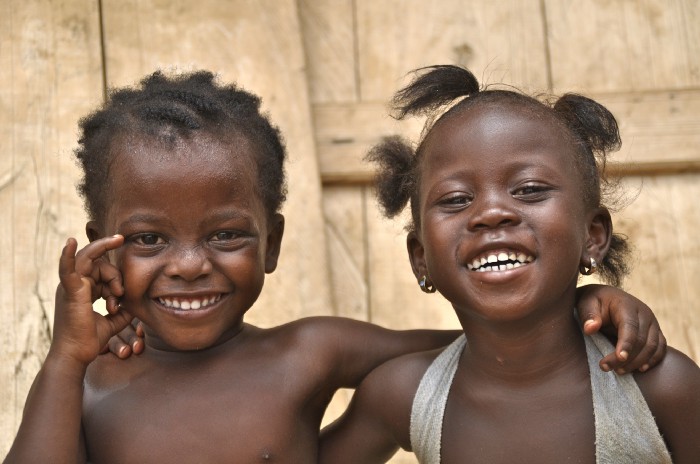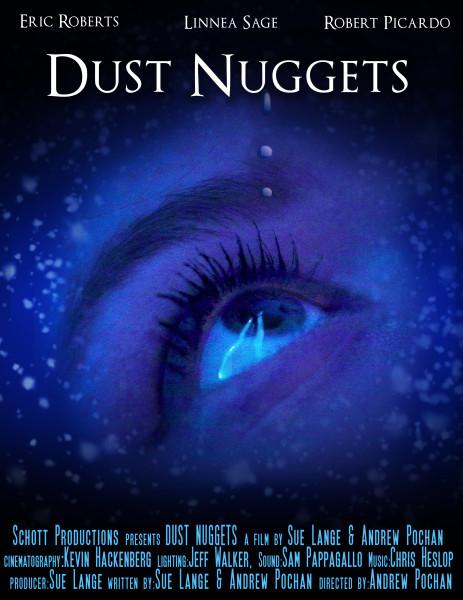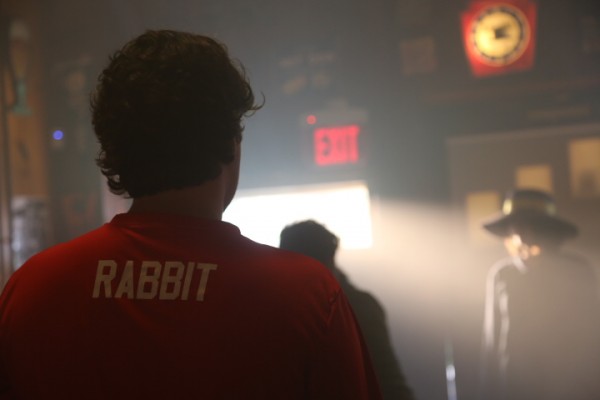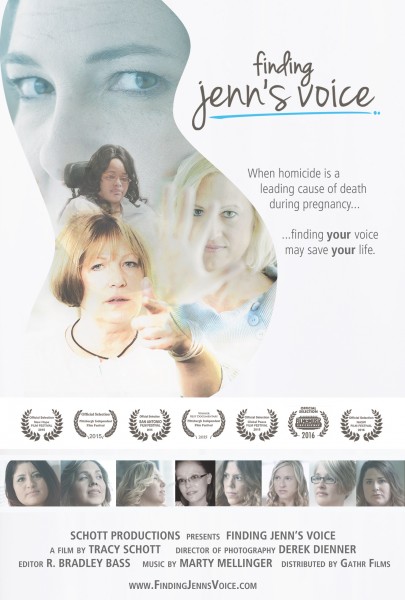Greetings, Connections and the Lessons of 2020
“I see you.” “I am here.”
This is the traditional greeting of members of the South African Zulu tribe.
Fundamentally it is what we all need to feel whole. To be seen for who we are and to be known by others allows us to proclaim that we exist, we thrive, that we are here.
Alfred Adler, a contemporary of Sigmund Freud, believed that our essential driving force was not our egos but the need to belong and feel significant. We are social beings by nature. We derive our sense of purpose and our sense of self from the reflection we see in each other’s eyes.
Adler believed that social interest was critical to individual and societal wellbeing. Children who grow up with strong friendships and family relationships have higher self-esteem, while children who experience trauma (i.e. abuse, abandonment, hatred) lose their capacity for empathy and are at higher risk to become antisocial.
Social isolation is related to increased risk of illness and is a predictor of mortality (Pantell, M, et al.). Social connection provides a safety net for people who live alone not only in terms of practical assistance but also their physical health.
Domestic violence perpetrators know that removing social connections is an effective means of keeping women trapped in abusive relationships. Not only do abused women lose their support systems, they lose the ability to ask for help or even believe they are worthy of it. As Dr. Evan Stark stated in my film, FINDING JENN’S VOICE, “There are tactics that are designed to isolate women from their friends, their family, their co-workers but also their sense of who they are -because we are not just individuals, we’re individuals in relations.”
If 2020 has done anything, it has reinforced how important our connections with each other are. Social isolation has been the hardest part of this year for me. And I’m not alone.
“I see you.” “I am here.”
Last year, social media usage exploded with our need to document our lives and tell the world that we’re still here. That push to connect with others has landed even the fiercest Facebook nay-sayers into an obsessive checking of the app.
Zoom calls have replaced ordinary phone calls. Whereas in the past, we’d schedule a conference call or even pick up the phone to talk to someone, we now find that we need to see the face attached to the voice and show our own (even when it means climbing out of our PJs and putting on make-up).
Grandparents are learning to Facetime with their families, worshiping via Zoom, and embracing, what is for many, a strange new world of technology. My 82-year-old mother is watching YouTube videos on her iPad to learn all the ways she can use her new Apple Watch to stay safe and connected.
“I see you.” “I am here.”
2020 was the reset to our world.
When the pandemic first hit, it was like God put the world on a timeout. “You just sit there and think about what you’ve done!” And for a short time that happened. The air got cleaner. We learned how to bake bread, grow gardens, and revel in the healing of a nice walk in the woods.
But humans by nature don’t like to just sit and think. We are doers.
We found a way to move past the isolation, using our ingenuity to stay connected.
· Computer geniuses brought forth the tools of technology for all so that we could continue to learn, work and connect with each other virtually.
· Scientists dove into the biology of the virus, producing treatments and vaccines in unheard-of time.
· Healthcare workers, hairdressers, restauranteurs, yoga instructors, veterinarians, filmmakers and more found new ways to do what they do responsibly.
· Artists, musicians, writers and creators of all types used their talents to uplift us and remind us of our humanity.
· And most of us took pride in putting public health first (I wear my mask to protect you. You wear your mask to protect me, my mother, your grandfather…)
We found a way forward. We did what we needed to be seen and known. It wasn’t perfect. But it was progress.
There is no doubt that 2020 was awful. Lives were lost. Livelihoods were shattered. Relationships were stressed beyond endurance. Women in abusive relationships became even more vulnerable. The pandemic brought into stark relief all the inequities in our communities. The poor, weak, and disenfranchised became poorer, weaker, and more disenfranchised. Our entire social structure was challenged.
We learned how fragile we are. But we also learned how to survive. Together.
As we look out on 2021, I hope that the lessons we learned about our world, our society and ourselves will guide us through the years to come. And we remember that what happens to one of us, happens to all of us.
Mostly, I hope that we remember to see each other, if only to reaffirm our own existence.
“I see you.” “I am here.”
Tracy Schott, MSW, MS is the creator of Voices4Change.net, director of the award-winning documentary film FINDING JENN’S VOICE, and owner of Schott Productions. Ms. Schott worked as a child and family therapist, specializing in child abuse cases for 15 years before making the unusual career change to film and video production with a goal of creating social change through media.







